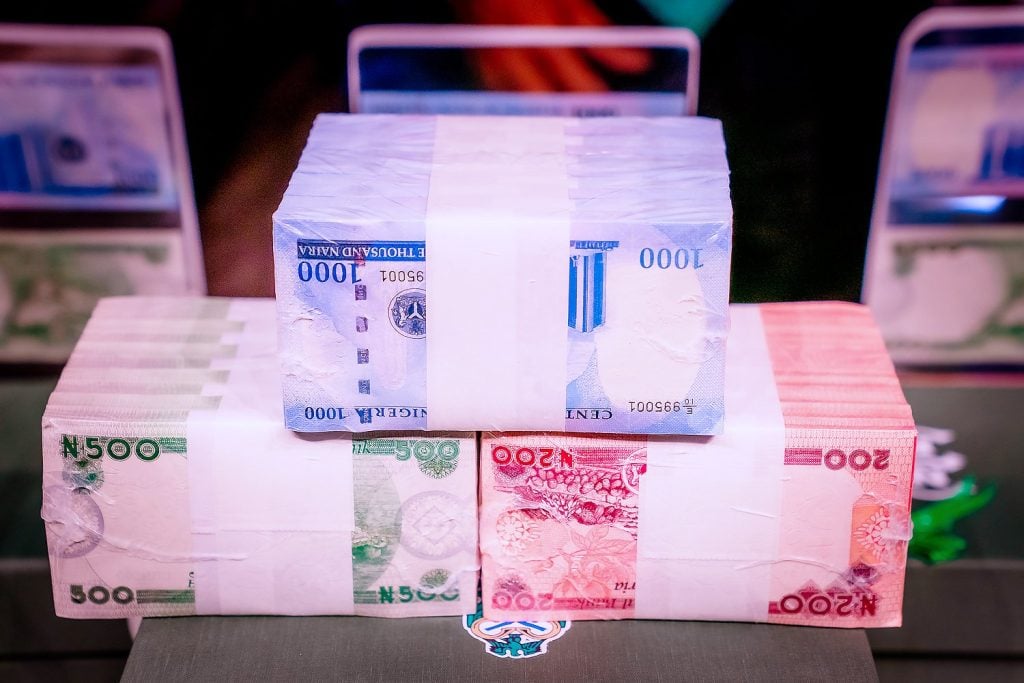Naira has fallen at the official Market and stabled at Black Market, see the new Exchange Rate below.
NewsOnline reports that after the Christmas holiday, the naira on Wednesday, maintained stability as the dollar was quoted at the rate of N740 since Friday last week, at the parallel market.
Traders attributed the naira stability to moderation in demand amid an increased supply of dollars from the diasporas. People are bringing dollars and demand is not too much,” said one black market operator on Wednesday.
ALSO: 2023 Election: Maintain Professionalism, Buhari Charges Security Agencies
Godwin Emefiele, governor of the Central Bank of Nigeria (CBN), described the parallel market as “a tainted market in Nigeria, where people desire to deal in illegal foreign exchange transactions including sourcing of FX cash for purposes of offering bribes, and corruption.
At the Investors and Exporters (I&E) forex window, Nigeria’s official foreign exchange market, Naira depreciated by 1.06 percent as the dollar was quoted at N461.33 on Wednesday as against the last close of N456.50 on Friday before the holiday.
Most currency dealers who participated in the forex auction on Wednesday, maintained bids between N440.00 (low) and N461.33 (high) per dollar.
The daily foreign exchange market turnover increased by 25.79 percent to $196.06 million on Wednesday from $155.86 million recorded on Friday, data obtained from the FMDQ indicated.
According to the World Bank, the official exchange rate depreciated by 5.2 percent in 2022, as at November; while the parallel market rate depreciated by 40 percent.
The global Bank said the parallel market premium widened from 37 percent in January to 71 percent in November 2022. The Bank avowed that “Nigeria exchange rate policy settings are stifling business activities, investment and growth, and amplifying macroeconomic risks”.
Muda Yusuf, director, Centre For the Promotion of Private Enterprise (CPPE) said the forex challenge was a major predicament that investors grappled with in 2022.
The dimensions of this dilemma as outlined by Yusuf in his 2022 economic review include sharp currency depreciation, forex market illiquidity, especially at the official window, volatility of the exchange rate, creating considerable uncertainty and unpredictability for investors, and transparency issues in the forex allocation ecosystem.
At the money market, a report by FSDH research noted that the Nigerian Treasury bills (NT-Bills) secondary market closed on a mildly positive note on Wednesday with the average yield across the curve decreasing by 6 bps to 5.29 percent from 5.35 percent on the previous day.
Average yields across medium-term and long-term maturities declined by 45 bps and 1 basis point, respectively. However, the average yields across the short-term maturities expanded by 30 bps. NTB 27-Apr-23 (-135 bps) maturity bill witnessed maximum buying interest, while NTB 9-Mar-23 (+91 bps) maturity bill witnessed selling pressure.














